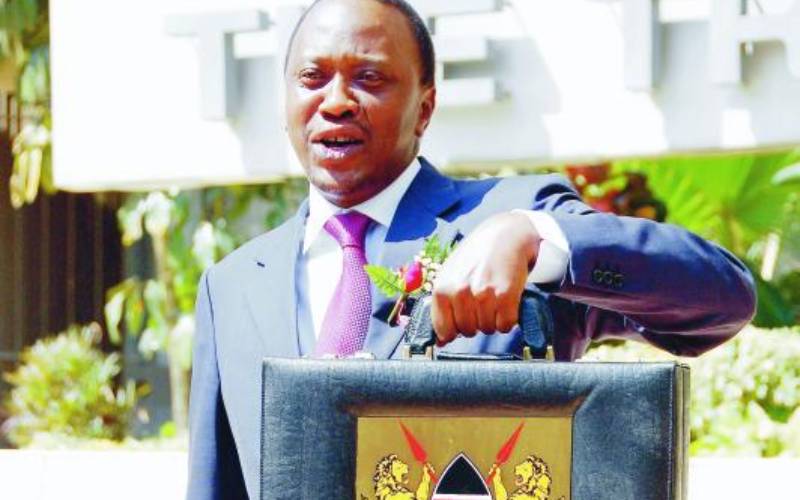×
The Standard e-Paper
Fearless, Trusted News

President Uhuru Kenyatta when he was Finance Minister.[File,Standard]
A lot of water has gone under the bridge since Mwalimu Mati, the co-founder of Mars Group, an anti-corruption and fiscal transparency watchdog, exposed one of the biggest budget scandals in Kenya’s recent history.